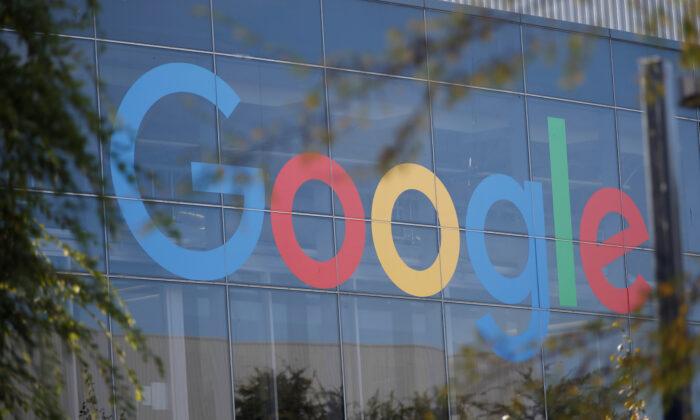Australia’s consumer watchdog has launched legal action against Google, accusing the online giant of misleading customers about the use of their personal data.
The Australian Competition and Consumer Commission (ACCC) alleges Google failed to properly inform its users—and did not gain their consent—before collecting data on their internet activity for targeted advertising.
ACCC chairman Rod Sims said the company’s 2016 changes impacted millions of Australians.
“We consider Google misled Australian consumers about what it planned to do with large amounts of their personal information, including internet activity on websites not connected to Google,” he said on July 27.
Google denies any wrongdoing and will fight the allegations.
Sims said through the changes made, Google significantly increased the scope of personal information it collected about consumers.
“This included potentially very sensitive and private information about their activities on third party websites,” he said.
“It then used this information to serve up highly targeted advertisements without consumers’ express, informed consent.”
Google users were prompted to click a pop-up notification to agree to the changes, but the ACCC said there was not enough information provided for consumers to give informed consent.
“We believe that many consumers, if given an informed choice, may have refused Google permission to combine and use such a wide array of their personal information for Google’s own financial benefit,” Sims said.
The ACCC also alleges Google’s privacy policy was misleading, as the company states it would not reduce consumer rights without explicit consent.
Google strongly disagrees with the allegations and will defend its position in court.
“The changes we made were optional and we asked users to consent via prominent and easy-to-understand notifications,” a spokesperson told AAP.
Federal Labor’s communications spokeswoman Michelle Rowland said consumers deserved protection from invasive advertising.
“Anyone who has experienced that spooky feeling of being served targeted ads after browsing the internet should welcome moves by the ACCC to ensure that Australian law is being upheld,” she told AAP.
“Sometimes targeted advertising can be handy, but it can sometimes feel invasive. The main thing is that consumers understand and consent to how their data gets used.”





